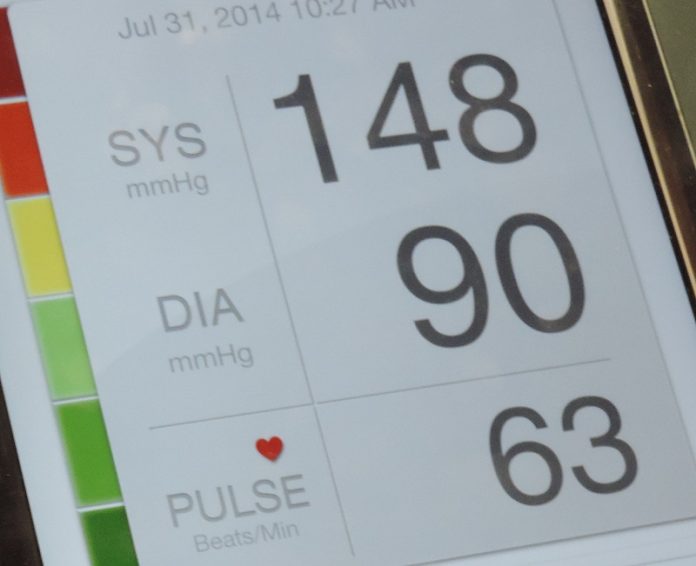
A recent study shows that lowering systolic blood pressure (the top number) to less than 120 mm Hg can significantly reduce the risk of heart disease and stroke.
This approach was found to be more effective than the standard target of keeping blood pressure under 140 mm Hg, especially for people at high risk for heart disease.
The findings were shared at the American Heart Association’s 2023 Scientific Sessions in Philadelphia, where the latest updates in cardiovascular research were presented.
The research, led by Dr. Jing Li from the National Center for Cardiovascular Diseases in Beijing, China, suggests that targeting a lower blood pressure in people with normal or mildly reduced kidney function helps prevent major heart problems, regardless of whether they have diabetes or a history of stroke.
The study, called the ESPRIT trial, involved more than 11,000 adults in China who had high blood pressure and were at risk for heart disease.
Participants were randomly assigned to one of two groups: one aimed for a systolic blood pressure below 120 mm Hg (the intensive treatment group), and the other aimed for below 140 mm Hg (the standard treatment group).
Both groups were given medications to lower their blood pressure, but the intensive group received higher doses and more types of medications.
After three years, the researchers found that people in the intensive treatment group experienced better results than those in the standard group. The key findings included:
- A 12% reduction in the risk of heart attack, stroke, heart-related death, and hospital visits for heart failure.
- A 39% reduction in deaths from heart-related causes.
- A 21% reduction in deaths from any cause.
The study also looked at the safety of this approach. Serious side effects like fainting (syncope) were slightly higher in the intensive treatment group, with about 3 out of every 1,000 patients experiencing this side effect.
However, this was outweighed by the benefits, as the intensive treatment prevented more heart attacks and deaths.
Dr. Li noted that these results provide strong evidence that targeting a systolic blood pressure of less than 120 mm Hg is both beneficial and safe for people with high cardiovascular risk.
The researchers believe that using this intensive treatment method could help save more lives and reduce the burden of heart disease worldwide.
The trial participants were an average of 64 years old, and almost 30% had previous heart disease, while 27% had suffered a stroke before.
Although the study was conducted in China, the findings align with similar studies in other countries. Future research will focus on the long-term benefits of this treatment approach.
If you care about high blood pressure, please read studies about breakfast for better blood pressure management, and the gut feeling that lowers blood pressure.
For more health information, please see recent studies about how the dash diet helps lower blood pressure, and how to eat your way to healthy blood pressure.



